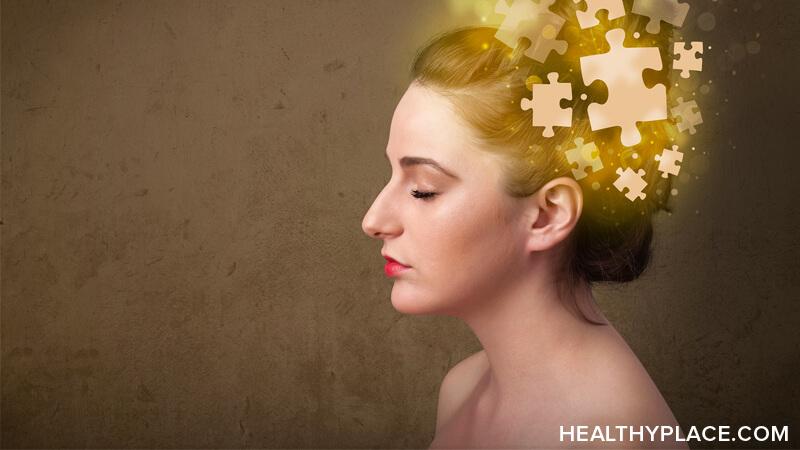How Reading Helps Me Cope with Depression

I wasn’t surprised when I read a recent study that linked reading with a lower risk of depression.1 I’ve seen the mental health benefits of reading firsthand, and books are now one of the many tools I use to cope with depression. Reading boosts my self-esteem, distracts my thoughts, and reduces my stress—all contributing to alleviating my depression. Here, I’ll discuss why reading has been so therapeutic for me.
When Depression Strikes, Reading is Doable
Two hallmarks of depression are that it sucks my energy and motivation and drags my self-esteem down. These two things often feed on each other, turning into a vicious cycle. Depression makes it hard to accomplish everyday tasks, and then I feel guilty or unworthy for not accomplishing said tasks.
On the days when it’s hard to find the energy for activities like exercise and chores, reading is an easy last resort. Even if I’m not sure I have the energy to read, once I get started, it’s easy to be drawn to the next page and then the next chapter. Sitting in a chair and getting lost in a book—whether for a few minutes or a few hours—helps me calm down and re-center. It reduces stress, which is a major factor in my depression. Afterward, I feel like I accomplished something, which gives my self-esteem a boost.
Reading Distracts Me from Depressive Thoughts
Depression often makes me feel trapped in my head, which can turn into a vortex of negative, stressful thoughts. Reading is an easy way to detach from these thoughts, if only temporarily.
I gravitate toward fantasy and science fiction, probably because these genres are so vastly different from my everyday life. These books help take my mind off the stresses of my life and the darkness of the world around me. I also enjoy books for middle-grade readers (think the early Harry Potter books). These tend to be easy, lighthearted reads, so they help improve my mood.
Sometimes I read books about mental illness, which can be therapeutic. Stigma still exists, and mental illness is not always portrayed realistically or sensitively in literature—but it seems like publishers are becoming more aware of this issue and putting more effort into showcasing authentic voices. When mental illness is written well, books that show characters coping with the same struggles can help me feel less alone.
Reading Helps Me Cope with Depression
Reading alone is not a treatment for depression or any other mental illness, but it can be part of a holistic approach to maintaining mental health. Even for people who don’t suffer from depression, reading has been shown to help reduce stress by over two-thirds.2
Unfortunately, many adults don’t realize this. I’m shocked at how many people I meet say they don’t read for pleasure anymore. They’ll skim through news articles but haven’t picked up a book since high school. It seems many people are so busy reading textbooks in college they fall out of the habit of reading for fun.
I was one of those people until I started writing fiction shortly after I graduated. I started reading again for educational purposes and soon rediscovered the joy of reading. I also found that reading helped keep my stress levels under control, and reading before bed each night improved my insomnia—both of which contributed to alleviating my depression.
Watch this video to learn about some of the books I read when I'm depressed.
Sources
- Pan, D., Hai, Z., Yang, X., He, S., Li, X., & Li, J. (2022, December 30). Association between reading and depression in Chinese adults. Medicine (Baltimore), 101(51). https://pubmed.ncbi.nlm.nih.gov/36595839/
- Chiles, A. (2009, March 30). Reading can help reduce stress, according to University of Sussex research. The Argus. https://www.theargus.co.uk/news/4245076.reading-can-help-reduce-stress-according-to-university-of-sussex-research/
APA Reference
Craft, R.
(2023, April 19). How Reading Helps Me Cope with Depression , HealthyPlace. Retrieved
on 2026, March 3 from https://www.healthyplace.com/blogs/copingwithdepression/2023/4/how-reading-helps-me-cope-with-depression
